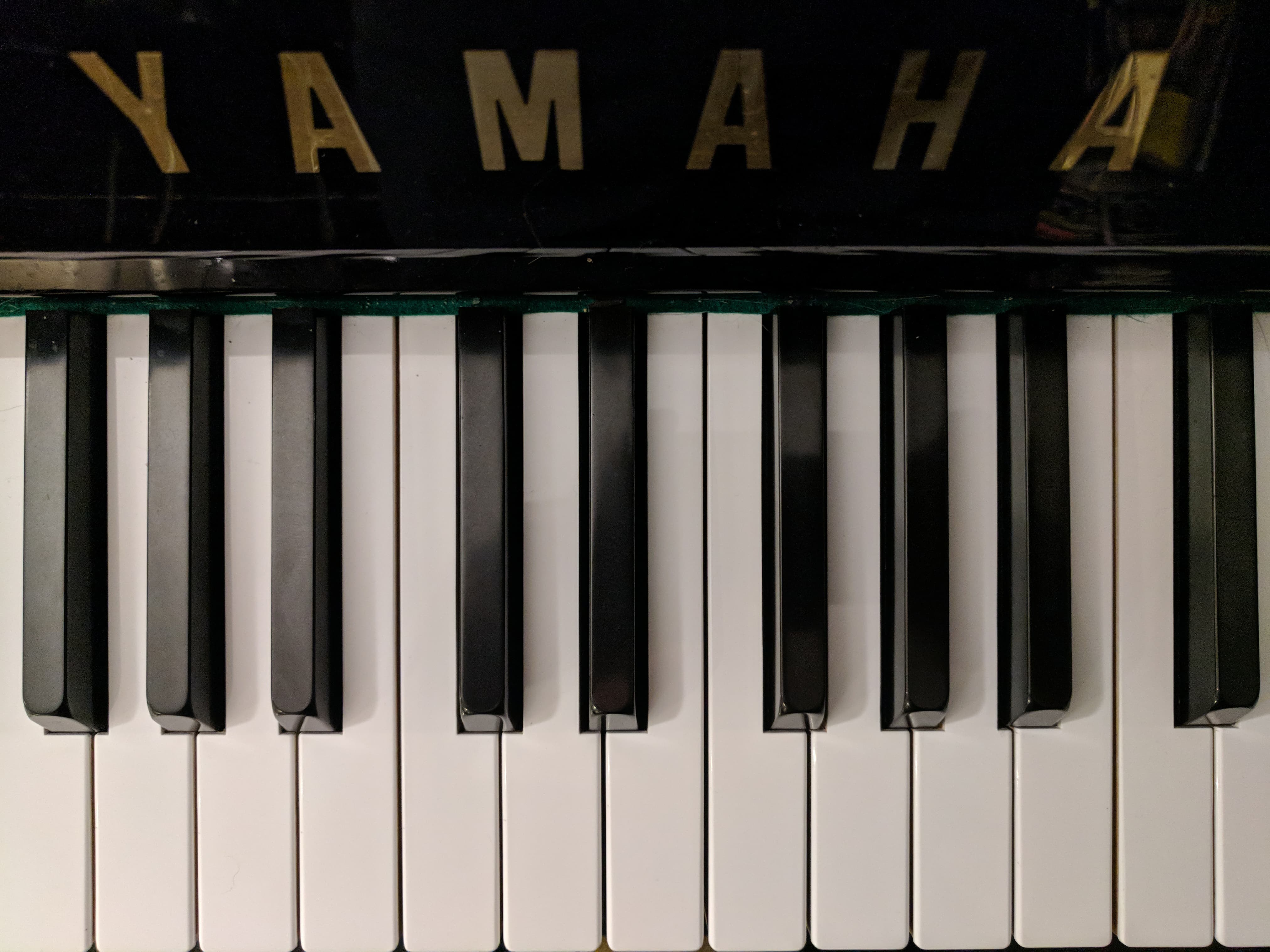I have been trying to find different ways to express this for more than a couple of years at this point. What a person with dementia can communicate with you is not representative of what they know. What they can recall on command has no relation to how much knowledge is actually there.
Perhaps for all of 20 minutes of her life living in this apartment with me has my mother had trouble knowing who I was. This I say because I can tell when she is scanning me and something isn’t quite on; It goes very quickly as the somewhat constant nature of my presence makes losing much of me all that less likely. However, quizzes of information about various this or that items in life are not a barometer of what’s “in there.” Feelings, not thoughts, guide life– this includes being ‘properly placed’ and knowing who and or what and or where things are being recalled properly through having the proper emotional triggers.
September 7, 2016
My older sister Jill (we share a passed father) posted about why people should care about the suffering of dementia and Alzheimers today. It was a nice, welcome note for people– but I still felt a need to make a main point.
If you, dear reader, have family who are now struggling and can’t make it on their own, and you are thinking about what to do, I’m afraid I’m here to tell you a little about the situation for that elder in your life. In other words, I’ll get in your face for a moment, with this:
Certainly a very welcome reminder, but parts of this are things I really want to have the world address.
Mom can rarely use words to describe things other than her immediate– how she feels, she loves the cat, things like that. She can only get her birthday and first name if you force a quiz.
All of that is true, but this line: “As the patient’s brain slowly dies, they change physically and eventually forget who their loved ones are.” Is not. It’s what we tell ourselves, because we can’t handle the emotional wreck of dealing with it one-to-one. But I know– whether she says my name or not– mom knows me, and will always know me. Words are one thing– presence, emotions and spirit are another.
And this is the part of the trapped in your own shrinking mind that I want people to deal with (not you, just in general): The emotions, feelings and love/hate/indifference/sadness/everything is *just as strong* and in some ways *much stronger* (because emotions override everything else) than before dementia.
Why this matters so much to me is all of the people who ask questions like “does she know your name?” She knows that someone who is a part of her very being is there with her, loving her. She is enveloped by the familiarity of her son, her cat(s) and her home. She has to try to *think* when she stands up on her own to walk around, and she fails trying to figure out where the washroom is. But when she is on her couch for, let’s say, an hour on her own she *feels* the familiarity and knows where she is *in her instincts* and I know it’s true because I know her and when she is settled or unsettled.
And further, people say “if they don’t understand things, where they live and/or are from day to day doesn’t matter.” We tell ourselves this so we feel less guilty when we run away from them.
But if you want to _really_ know the difference, go to a so-called nursing home. Just walk in and stand there. Feel the energy in the air, you will choke on the loneliness and despair of elders being forgotten and told to just smile sitting there until they die. This kills not only their spirits but the rest of their minds. No exercise = collapse.
I take mom into respite stays. When I go back after a week? When I show up, she can see me from the other side of the room. She doesn’t call out my name. She starts waving, frantically, scared I won’t see her. Then, when I hug her and ask her if she’s ready to go home, she starts to show the only-Donna-smile. Then colour comes into her cheeks. And when she gets home, her whole body language changes when she sees her cat.
Don’t let anyone tell you that “assisted living” is no different because the persons brain has failed them. For all of these elders, they need you to be their brains– so they can be their own hearts, love and be loved.
Like all of us.
Don’t let capitalism tell you that your elders are worth nothing just because they can no longer produce for capital.
